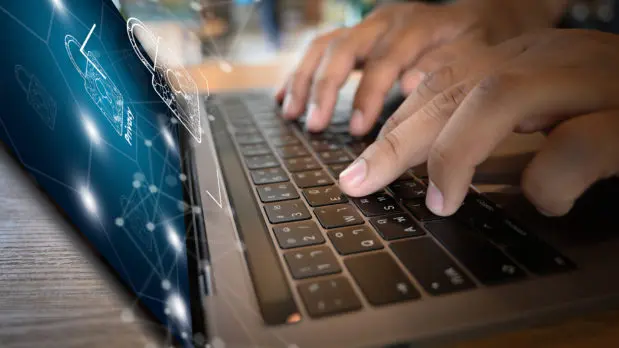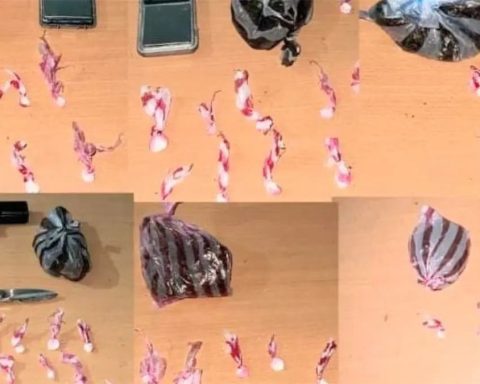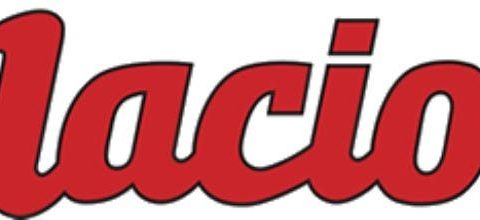Finances are a fundamental part of everyday life, due to the scope and great impact they have on our lifestyle; Therefore, the Office of Services and Protection of Financial Users asks to implement tools that are safe for your money.
“While it is true that the financial intermediation entities to which we entrust our funds are obliged to implement security measures to avoid inconveniences, we can also take certain additional precautions to protect our resources,” highlighted Pro User on its web portal. .
Read: January Slope: What it is and how to handle it
Here are five tips that will help you take care of your chelitos:
monitor your account
When it comes to financial products, it is extremely important to “walk with four eyes” or be very attentive to the transactions that are reflected in the statements. This monitoring will allow you to more easily notice any anomaly or transaction not carried out by you.
If payments for products or subscriptions are made through automatic debits, it is recommended to include the corresponding dates in your calendar so that you can confirm if they were applied correctly and thus avoid any setback that may arise in this regard.
claim on time
If by monitoring your product you identified an irregularity, contact your financial intermediation entity as soon as possible and start a formal claim process. If the identified irregularity consists of consumption that you do not recognize, it is important not to waste time to claim, since article 30 of the Credit Card Regulation establishes that: “the cardholder will have a period of one hundred and twenty (120) days, counted from from the cut-off date of the account statement, to object to an unknown consumption or charge before the credit card issuing entity”.
Therefore, formally file a claim with your entity before the period contemplated in the Regulations so as not to run the risk of an automatic inadmissibility of the case.
Do not lend your products
Think of your financial products as if they were your personal hygiene items. Just like your toothbrush, your accounts and cards don’t lend themselves. Doing so may put you at risk of being involved in high-tech and cybercrime.
For example, if your product is used as a means to receive illicit funds (even if you are unaware), you may have problems with the authorities and restrictions in the financial system. Therefore, be cautious and do not let a favor turn into a legal problem.
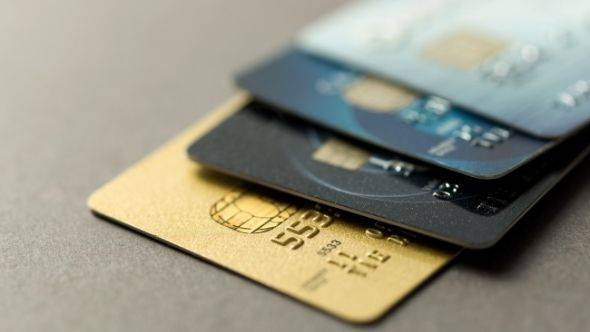
Learn the last digits of your card
The ownership of credit cards is easier to identify, since most include the name of the cardholder; However, debit cards are very similar and it is more difficult to tell at first glance if a piece of plastic belongs to you or not. So, if you withdraw cash from an ATM or enjoy a pleasant evening in a restaurant, by memorizing the last digits of your plastic you will not have to worry about whether it is your card or that of another client.
Do not receive help when using an ATM
If you are attempting to make an ATM withdrawal or cash advance or any ATM transaction, first make sure to stand in front of the ATM centered enough so that no one at any distance can see your security PIN when you enter it.
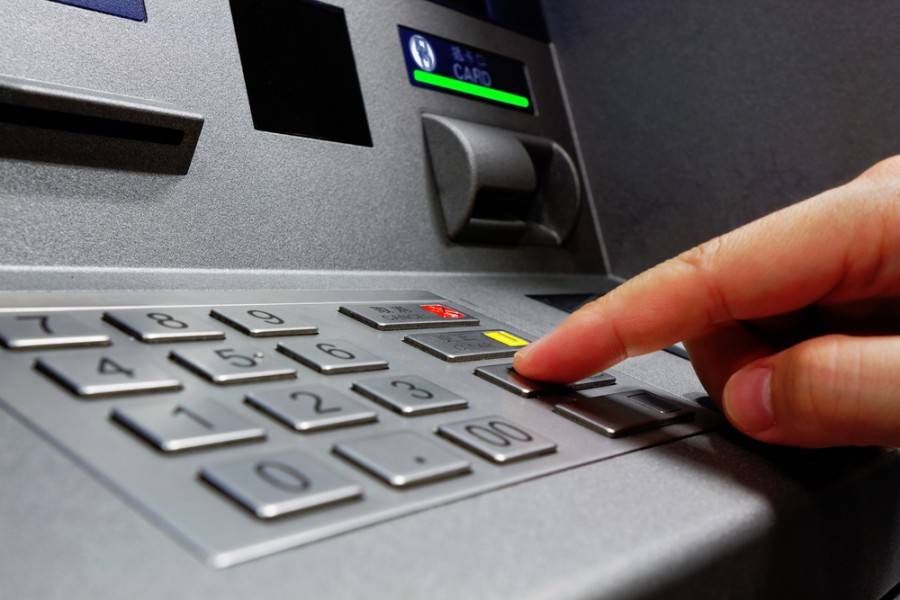
Secondly, don’t let ANYONE near you let alone try to tamper with the ATM while your plastic is in use. If this happens, kindly ask them to stay away until you complete your transaction. Finally, if your plastic is retained at the ATM, immediately proceed to contact your financial intermediation entity or block the product from your online banking.
In summary, being vigilant and taking the precautions described in this text are simple security measures that, as a user, you can adopt to protect your assets.
For more details: https://prousuario.gob.do/
